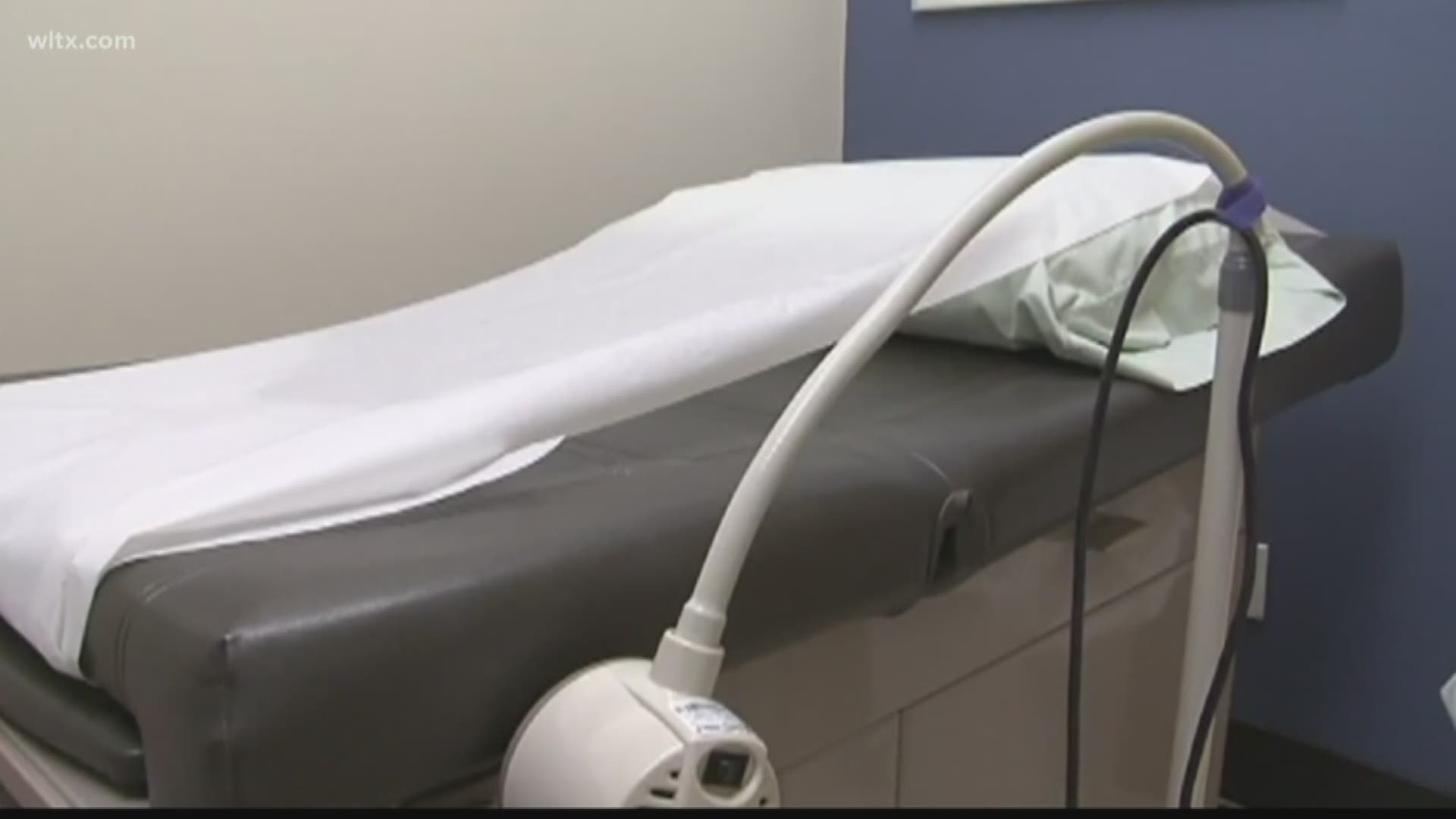COLUMBIA, S.C. — Late Tuesday night, the SC House Judiciary Committee passed the so called 'fetal heartbeat' bill to the full House, according to Senate Democratic communications employee Meghan Durant and House Representative Beth Bernstein, a Columbia Democrat.
The approval came after House Democratic Representative Justin Bamberg, Bamberg County, attempted to delay the process with more than a 100 amendments, which he explained he was going to do on his Twitter feed on Monday.
Rep. Bernstein said the bill passed the Committee after Rep. Bamberg withdrew all his amendments. She added that he planned to file them again on the House floor.
Debate was expected to ramp up this week with the end of the session approaching next month.
Officially, the bill is called the "South Carolina Fetal Heartbeat Protection From Abortion Act," and was introduced by Rep. John McCravy, a Greenwood Republican. The bill has many GOP co-sponsors.
If passed, it would make it illegal to have an abortion in the state after a fetal heartbeat is detected.
On Tuesday, the SC House Judiciary Constitutional Laws Subcommittee heard testimony for more than an hour on the bill from both pro-life and pro-choice advocates.
Eventually, the subcommittee passed the bill favorably to the full House Judiciary Committee with a 3-2 vote.
Since it passed through the full House Judiciary Committee, it could be debated on the House floor as early as Wednesday.
As of Tuesday night, the bill was not included on the calendar for Wednesday.
Supporters like Alexia Newman spoke to the committee about the need for the bill in the state.
"Because I believe that babies need the protection of the Constitution, they have a heartbeat at 21 days after conception, they have brainwaves at 40 days after conception and they deserve to be protected," Newman said.
Other supporters say the bill would protect pregnant women from what they described as long-lasting effects of abortion on the mind and body, as well as living fetuses.
The bill would require pregnant women to get testing for a fetal heartbeat before an abortion, and then would ban abortions if a heartbeat is detected.
Opponents of the bill, like Melissa-Anne Cunningham-Sereque said the bill is a danger to women's health.
"For two reasons I oppose this bill, number one I actually have a medical condition that would make pregnancy extremely dangerous for me. Number two, my grandmother had an abortion and because she had that abortion she was able to get pregnant with my mother who then had me, my brother, and his four children. So, basically, I would not be alive if it weren't for an abortion," said Cunningham-Sereque.
Other opponents of the bill said the ban on abortions after a fetal heartbeat is detected would limit a woman's choice to roughly the first six weeks of a pregnancy, which they say is often before they know they're pregnant.
Some OBGYNs in attendance claimed the bill's passage would negatively impact women's healthcare in the state for years to come.

